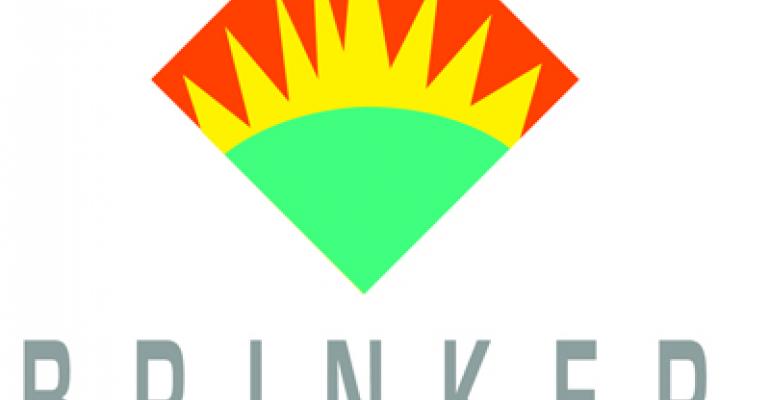The California Supreme Court was scheduled to hear oral arguments Tuesday in a meal- and rest-break lawsuit against Chili’s parent Brinker International that has implications for all employers in California.
Restaurant operators across the state are hoping the long-awaited ruling in the case — which is expected in about 90 days — will clarify key aspects of state regulations regarding meal periods and rest breaks for workers.
In addition, a decision is expected to determine whether such lawsuits can continue to be filed as class actions.
For years, many restaurant chains operating in the state have spent millions of dollars to battle and/or settle class-action lawsuits filed by workers charging violations of meal- and rest-break rules, which employers have long contended are cumbersome and unclear.
Julie Dunne, an attorney with Littler Mendelson in San Diego, which specializes in labor and employment issues representing management, said a ruling in the case “will provide much-needed clarity and all are hopeful it will reduce the over-burdensome litigation due to ambiguity in the law.”
The arguments before the state Supreme Court on Tuesday aim to address a number of issues. But key among them is the question of whether the mandate that employers “provide” a meal break means that they simply make the break available, allowing workers the right to pass on their break if they choose, or if employers must ensure their workers take a 30-minute uninterrupted break or face penalties.
Originally filed in 2004 as Hohnbaum v. Brinker Restaurant Corp., the lawsuit was filed by five Brinker employees who claimed the company illegally denied them meal breaks for every five hours worked. The complaint was later certified as a class action suit that was estimated to include potentially up to 63,000 current and former employees.
Brinker officials this week declined to comment on the pending litigation.
However, attorneys for Brinker have argued that meal periods need only be “provided,” as required by the state labor code. Whether or not any particular manager discouraged or prohibited the taking of a break is a matter that must be decided on an individual basis, Brinker’s attorneys contend, not as a class action.
Continued from page 1
Labor and employment attorney Anthony Zaller with Van Vleck, Turner and Zaller LLP in Los Angeles, said, “If the Supreme Court rules in favor of employers, it’ll be much harder to be certified as a class action because they’ll have to look at all the individual factors of whether an employee got their break.”
In 2008, a state appeals court ruled in favor of Brinker, saying that employers must only make meal and rest breaks available.
The state Supreme Court’s review of the case is expected to shed light on several other aspects of the law, such as the proper timing of meal and rest periods.
Brinker has argued that a first meal break, for example, must be provided to those working more than five hours per day, and a second meal provided to those working more than 10 hours per day.
The plaintiffs, however, argue that meal periods are required every five consecutive hours. A second meal break should be scheduled within five hours after the end of the first.
The timing issue is problematic in restaurants, in particular, where servers, for example, may not want to take a 30-minute meal break when legally required because they could miss out on a lucrative tip.
A ruling on the Brinker case also will impact several other cases that have been put on hold pending a state Supreme Court decision. Among them is a meal-and-rest-break case filed in 2010 against Chipotle Mexican Grill.
Other restaurant chains that have been sued or settled charges of meal- and rest-break violations in California in recent years include Einstein Noah Restaurant Group Inc., The Cheesecake Factory Inc., and Burger King.
Contact Lisa Jennings at [email protected].
Follow her on Twitter: @livetodineout





